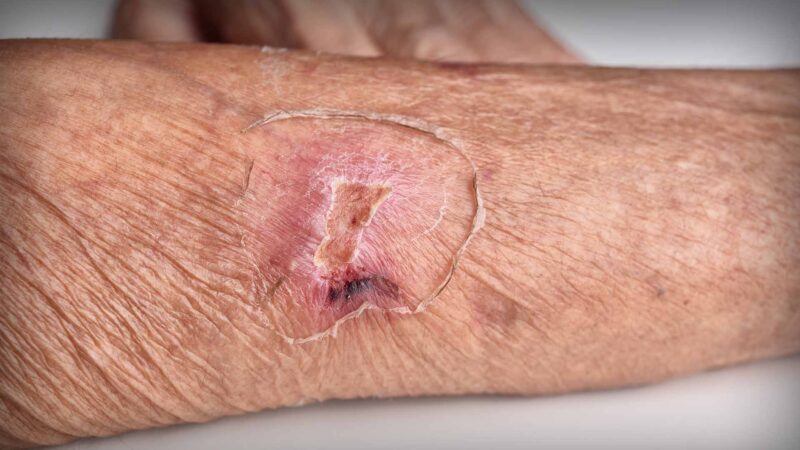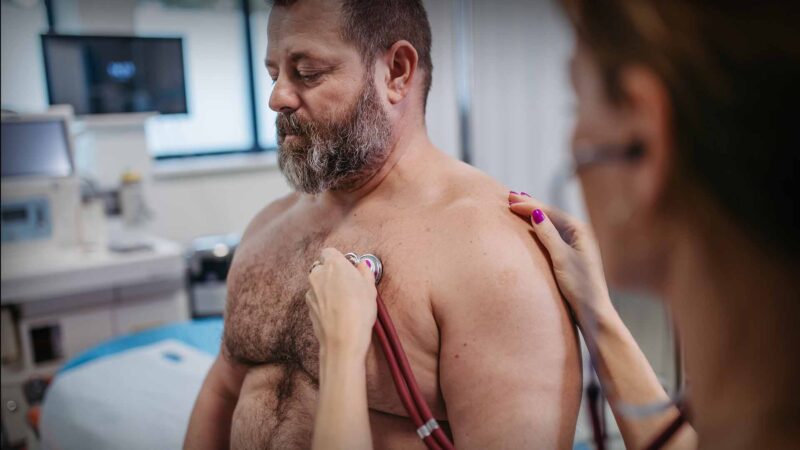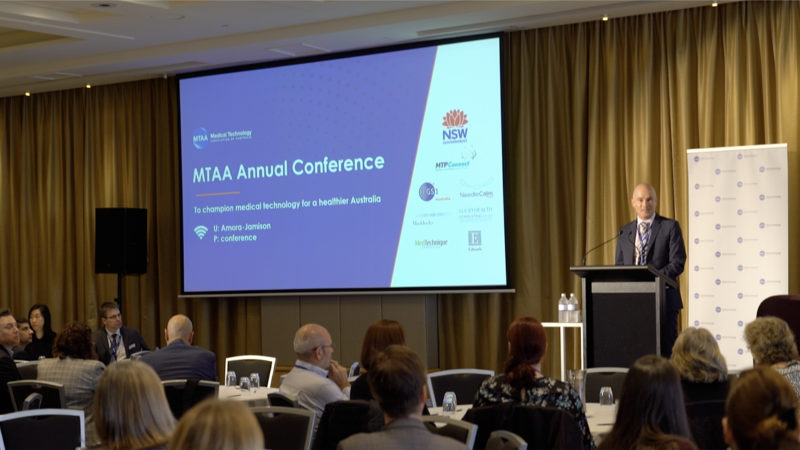There are several issues related to oral health care in Australia. Some of these include:
- Access to care: Many Australians, especially those living in rural or remote areas, may face barriers to accessing oral health care services. This can be due to a shortage of dental professionals, limited public transport, and financial constraints.
- Cost of care: Dental care in Australia can be expensive, and many people may be unable to afford essential treatments. While the government provides some funding for certain groups such as children and low-income earners, many people still have to pay out-of-pocket expenses for dental care.
- Disparities in care: There are significant disparities in oral health outcomes among different populations in Australia. For example, Indigenous Australians and people from lower socio-economic backgrounds are more likely to experience oral health problems than other Australians.
- Workforce shortages: There is a shortage of oral health professionals in some areas of Australia, which can lead to longer wait times and reduced access to care.
- Preventive care: There is a need to improve education and awareness about preventive oral health care practices, such as regular brushing, flossing, and dental check-ups, to reduce the incidence of oral health problems.
- Aged care: Many older Australians may face difficulties in accessing oral health care due to physical limitations or cognitive impairments. This can lead to a decline in oral health and overall health outcomes.
Overall, addressing these issues requires a multi-faceted approach that involves improving access to care, addressing disparities in care, promoting preventive care, and addressing workforce shortages.
One of the ways Dr Padma Gadiyar, a dentist running a number of practices in Brisbane, has considered is through digital health. Dr Gadiyar has developed Smilo.ai, an app that is able to take photos to assess the health of teeth through artificial intelligence, provide guidance on oral health issues for the user, at the same time helping to deliver public health literacy.
In this People In Health Care segment, Dr Gadiyar spoke to Australian Health Journal on how she hopes the app will help increase the number of people seeking dental treatment from the current 47% level in Australia. To date, 120,000 users have downloaded the app with more than 50 dental practices signed up with Smilo.ai to receive individual enquiries or seek dental treatment.
Smilo.ai is a member of the Australian Dental Industry Association.
You Might also like
-
Smart technology in wound care
Throughout her journey around wound care, Santosh Kaur was frustrated to see the simple gaps in wound care resulting in negative patient outcomes. Santosh is the founder of SmartHeal which launched in 2020.
SmartHeal replaces the nurses taking cumbersome manual measurements and manual sharing of important wound data with a no touch technique. It aims for healthcare professionals to have live remote access to wound data, make wound assessments and assist with speech to text notes thus saving time, cost and people. SmartHeal also aims to assist healthcare professionals in providing optimum wound care by analysing the wound tissue for infection, moisture and providing suggestions for suitable dressing.
-
Cardiovascular Disease Risk Guidance and Calculator get long overdue update
Cardiovascular disease (CVD) is responsible for significant morbidity and premature mortality in Australia. Ischaemic heart disease was the leading cause of death in 2020 and cerebrovascular disease was the third most common cause of death.
As the first major update to Australian CVD risk assessment guidelines in over a decade, the 2023 Australian Guideline for assessing and managing cardiovascular disease risk and associated Aus CVD Risk Calculator reflect the latest evidence on assessing, communicating, and managing CVD risk. Developed using Australian-specific data and the latest evidence, it supersedes the 2012 Guidelines for the management of absolute cardiovascular disease risk.
-
MTAA MedTech19 Annual Conference
MTAA’s annual conference is the premier medical technology industry conference in Australia and brings together leaders and influencers across industry, government and academia to discuss what’s up ahead for the MedTech industry.



